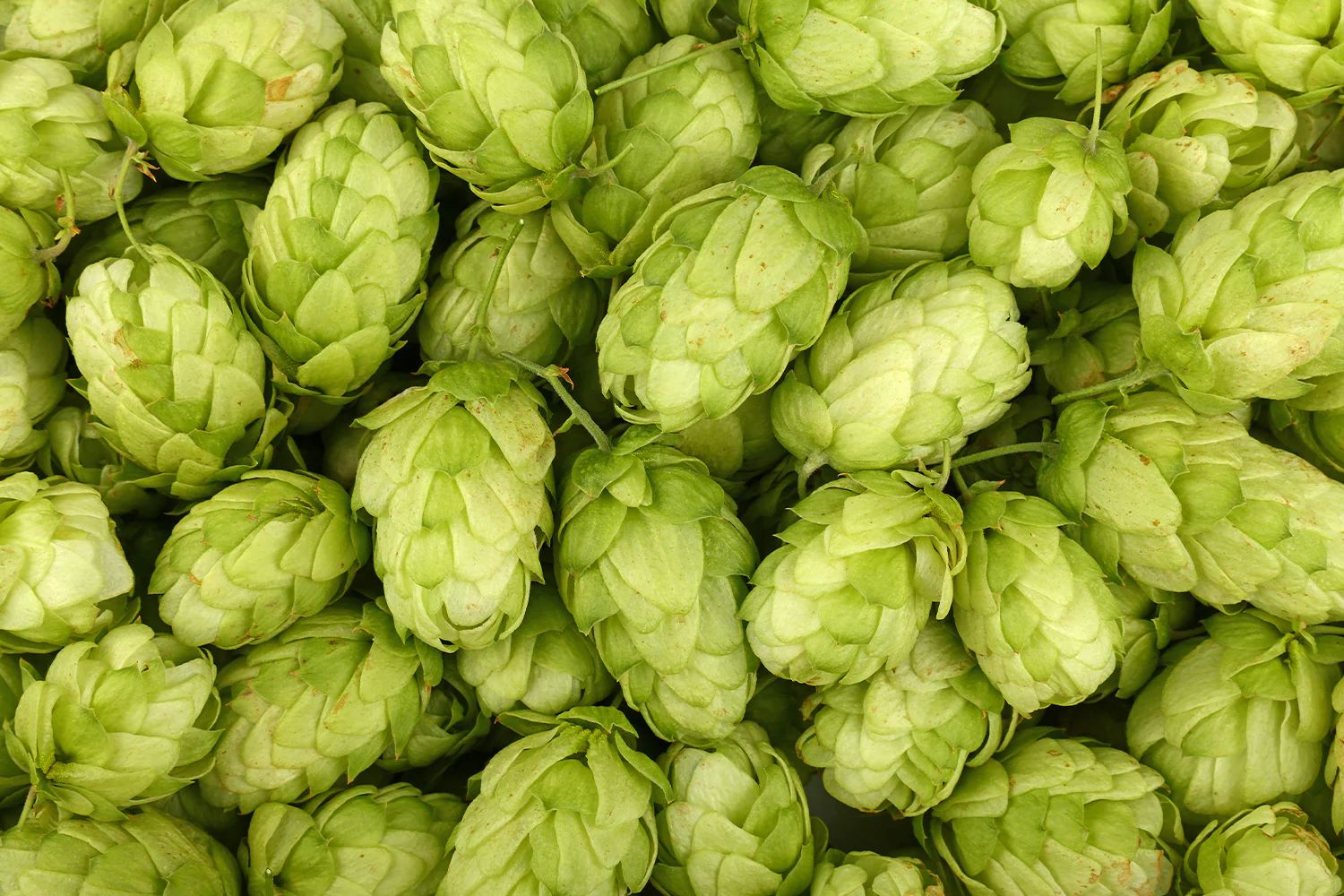

Articles
How To Store Fresh Hops
Modified: December 7, 2023
Discover the best methods for storing fresh hops and maintaining their quality in this collection of informative articles.
(Many of the links in this article redirect to a specific reviewed product. Your purchase of these products through affiliate links helps to generate commission for Storables.com, at no extra cost. Learn more)
Introduction
Fresh hops are a precious and essential ingredient in the brewing process. They not only add aroma and bitterness to beer but also contribute unique flavors that make each brew distinct. However, to fully harness the true potential of fresh hops, proper storage is crucial. By taking the time to store fresh hops correctly, brewers can ensure that their hops retain their optimal quality, flavor, and aroma.
In this article, we will delve into the importance of storing fresh hops correctly. We will explore the factors to consider before storage, the ideal temperature and humidity levels for storage, the best storage containers for fresh hops, as well as the best practices for maintaining freshness in stored hops. Additionally, we will discuss common mistakes to avoid when storing fresh hops.
Whether you are a homebrewer or a professional brewer, the proper storage of fresh hops will greatly impact the quality and success of your brews. So, let us dive in and discover the best techniques to store these green cones of flavor!
Key Takeaways:
- Proper storage of fresh hops is crucial to preserve delicate compounds, prevent spoilage, and maintain consistency in flavor and aroma, ensuring exceptional brew quality and success.
- Factors such as harvest freshness, temperature, humidity, and container choice play vital roles in preserving the quality and unique characteristics of fresh hops, contributing to the creation of exceptional brews.
Read more: How To Store Hops
Why Proper Storage of Fresh Hops is Important
Proper storage of fresh hops is of utmost importance for several reasons. Firstly, fresh hops contain delicate compounds such as essential oils and alpha acids that are responsible for imparting flavor and aroma to beer. These compounds are highly volatile and can degrade rapidly if not stored correctly.
Exposure to factors such as heat, light, and oxygen can cause the degradation of these volatile compounds, resulting in a loss of aroma and flavor. This can significantly affect the quality and character of the beer produced using these hops.
Additionally, fresh hops are susceptible to spoilage from microorganisms, including bacteria and mold. Without proper storage conditions, these microorganisms can thrive, leading to the development of off-flavors and potential spoilage of the hops.
Furthermore, fresh hops are often harvested during a specific window of time, usually once a year. Brewers rely on the freshness and quality of these hops to create their signature brews. Improper storage could result in the loss of these hops and the inability to recreate their desired flavors and aromas until the next harvest.
Proper storage not only preserves the quality of the hops but also helps brewers maintain consistency in their brews. By ensuring that the hops remain fresh and intact, brewers can replicate their recipes with confidence, knowing that the flavor profiles they have worked hard to perfect will remain consistent from batch to batch.
In summary, proper storage of fresh hops is crucial to preserve their delicate compounds, prevent spoilage, maintain freshness, and ensure consistency in flavor and aroma in the brewing process. By storing hops correctly, brewers can unlock the full potential of these aromatic cones and create exceptional brews.
Factors to Consider Before Storing Fresh Hops
Before storing fresh hops, there are several factors that brewers should consider to ensure optimal storage conditions and preserve the quality of the hops:
- Harvest Freshness: Freshness is key when it comes to storing hops. The hops should be harvested at their peak ripeness, with fully formed cones and a strong aroma. This will ensure that the hops have the highest concentration of essential oils and alpha acids, which are responsible for flavor and aroma.
- Quality of Hops: It is important to use only high-quality hops for storage. Inspect the hops for any signs of mold, discoloration, or damage. Damaged or compromised hops should be discarded, as they can negatively affect the quality of the stored hops and the resultant beer.
- Storage Quantity: Consider how much hops you need for your brewing needs. It’s generally recommended to store hops in smaller quantities to prevent exposure to air each time the container is opened. This helps to minimize the degradation of essential oils and maintain freshness.
- Timing: Ideally, hops should be stored as soon as possible after harvest to preserve their freshness. Delaying storage can lead to a loss of flavor and aroma due to the ongoing breakdown of volatile compounds.
- Variety of Hops: Different hop varieties may have varying storage requirements. Some may have higher oil content and may degrade faster than others. Take into account the specific characteristics of the hop variety you are working with to determine the most suitable storage conditions.
- Future Usage: Consider your future brewing plans when storing hops. If you have specific recipes in mind, it may be helpful to store hops from different varieties separately to maintain their individual characteristics.
By considering these factors before storing fresh hops, brewers can ensure that they are working with the highest quality hops and setting themselves up for success in the brewing process. Taking the time to prioritize these factors will ultimately contribute to the overall flavor and aroma profile of the beer.
Proper Temperature and Humidity Levels for Fresh Hops Storage
Proper temperature and humidity levels play a crucial role in maintaining the freshness and quality of stored hops. The ideal conditions for hop storage are as follows:
- Temperature: Hops should be stored at a temperature between 32°F (0°C) and 40°F (4°C) to slow down the degradation process. Avoid freezing the hops, as it can damage their delicate compounds. Temperature fluctuations should also be minimized, as they can impact the stability and quality of the hops.
- Humidity: Fresh hops should be stored in a cool, dry environment with a humidity level between 50% and 60%. Excess moisture can promote the growth of mold or mildew, leading to spoilage of the hops. Conversely, extremely dry conditions can cause the hops to become brittle and lose essential oils.
- Airtight Storage: To maintain stable temperature and humidity levels, it is essential to store hops in airtight containers that provide insulation. This helps to protect the hops from external factors that can compromise their quality.
It is worth noting that these temperature and humidity recommendations are ideal for short-term storage. If you plan to store hops for an extended period, such as several months, it may be necessary to adjust the temperature and humidity levels accordingly. It’s essential to monitor the hops periodically and make adjustments as required.
Additionally, when retrieving hops from storage, it is crucial to allow them to acclimate to room temperature before opening the container. This helps to prevent moisture condensation on the hops, which can negatively affect their quality.
By adhering to the recommended temperature and humidity levels during hop storage, brewers can maximize the preservation of essential oils and alpha acids, ensuring that the hops retain their aroma, flavor, and brewing potential.
Choosing the Right Storage Container for Fresh Hops
Choosing the right storage container is essential to protect the freshness and quality of fresh hops. Here are some factors to consider when selecting a suitable container:
- Airtightness: The storage container should be airtight to prevent air exchange and minimize the exposure of hops to oxygen. Oxygen can accelerate the degradation of essential oils and lead to the development of stale flavors in the hops.
- Material: Opt for containers made of materials that are non-reactive and moisture-resistant. Glass jars, metal containers, or food-grade plastic bags are popular choices. Avoid containers with strong odors that could potentially transfer to the hops.
- Size: Choose a container that is appropriate for the quantity of hops being stored. It’s advisable to use smaller containers to minimize the amount of oxygen introduced each time the container is opened.
- Light Protection: Hops are sensitive to light, which can degrade their compounds and lead to the development of off-flavors. Select containers that offer protection from UV rays, or store the hops in a dark area away from direct light.
- Easy Access: Consider the ease of accessing the hops when needed. Containers with resealable lids or zip-lock bags can make it convenient to retrieve the desired quantity of hops without exposing the remaining hops to air for an extended period.
- Labeling: Label the containers with the hop variety, harvest date, and any other pertinent information. This helps to keep track of the hops’ freshness and eliminates any confusion during future use.
It’s important to note that once the container is opened, the hops’ exposure to air increases. Therefore, it’s advisable to transfer the desired quantity of hops into a separate container for immediate use rather than repeatedly opening the main storage container.
By choosing the right storage container for fresh hops and ensuring proper sealing, brewers can protect the hops from oxygen, light, and moisture, contributing to the longevity of their freshness and maintaining the desired quality for brewing.
After harvesting, store fresh hops in a breathable bag or container in the refrigerator to maintain their aroma and flavor. Avoid storing them in airtight containers as this can cause them to spoil quickly.
Read more: How To Store Hop Pellets
Best Practices for Storing Fresh Hops
To ensure the longevity and quality of fresh hops during storage, it is important to follow these best practices:
- Proper Handling: Handle fresh hops with clean, dry hands or gloves to prevent any contamination or moisture transfer.
- Separate and Label: Store different hop varieties separately and label them accordingly to maintain their unique characteristics.
- Airtight Packaging: Transfer the hops into airtight containers, removing as much air as possible before sealing to minimize oxidation.
- Cool and Dark Storage Area: Store the hops in a cool, dark place away from direct light and heat sources.
- Periodic Inspection: Regularly check the stored hops for any signs of mold, moisture, or degradation. Remove any compromised hops to preserve the quality of the remaining batch.
- Minimal Movement: Avoid excessive movement or agitation of the hops, as it can contribute to the breakdown of essential oils.
- Regular Rotation: Use a first-in, first-out approach when utilizing stored hops to ensure freshness and prevent any hops from going stale.
- Temperature and Humidity Monitoring: Keep track of the temperature and humidity levels in the storage area using a thermometer and hygrometer. Make adjustments as necessary to maintain optimal conditions.
- Limit Freezing and Thawing: While freezing can extend the shelf life of hops, excessive freezing and thawing can impact their quality. If freezing, place the hops in a sealed container to minimize moisture absorption.
- Note Harvest Date: Keep a record of the harvest date for each batch of hops to ensure timely usage and avoid prolonged storage.
By adhering to these best practices, brewers can maximize the freshness and quality of stored hops, resulting in enhanced flavors, aromas, and overall brewing success.
Monitoring and Maintaining Freshness in Stored Hops
To ensure the freshness and quality of stored hops over time, it is important to implement monitoring and maintenance practices. Here are some tips to help you maintain freshness in stored hops:
- Regular Visual Inspection: Inspect the stored hops periodically for any signs of mold, discoloration, or degradation. Remove any compromised hops that may affect the overall quality of the batch.
- Aroma Testing: Take a moment to smell the hops and check for any changes in aroma. Fresh hops should have a strong, pleasant aroma. If the aroma is weak or has changed significantly, it may indicate a loss of freshness.
- Temperature and Humidity Control: Continuously monitor the temperature and humidity levels in the storage area. Make adjustments as necessary to maintain the recommended range of 32°F (0°C) to 40°F (4°C) and a humidity level of 50% to 60%.
- Seal Integrity: Check the seals of the storage containers regularly to ensure they are still airtight. Replace any damaged or worn-out seals to prevent air exposure and maintain freshness.
- Rotate and Use Stored Hops: As time passes, it is important to regularly rotate and use the stored hops. Follow the first-in, first-out principle to ensure that older hops are used before fresher ones. This helps to prevent any hops from becoming stale and losing their desired qualities.
- Repackage if Necessary: If you notice any signs of degradation or if the hops have been stored for an extended period, consider repackaging them in smaller airtight containers to maximize freshness.
- Keep Detailed Records: Maintain a log of important information such as the variety of hops, the harvest date, and the storage conditions. This will help you track the age and quality of the hops and make informed decisions on their usage.
By regularly monitoring and maintaining stored hops, you can ensure their freshness and quality, allowing you to consistently produce high-quality brews with vibrant flavors and aromas.
Common Mistakes to Avoid When Storing Fresh Hops
Properly storing fresh hops is essential to maintain their quality and ensure the success of your brewing endeavors. However, there are some common mistakes that brewers should avoid to prevent compromising the freshness and flavor of their hops. Here are the common mistakes to keep in mind:
- Exposure to Light: Storing hops in clear or translucent containers can expose them to harmful UV light, leading to the breakdown of essential oils. Opt for dark, opaque containers or store hops in a cool, dark place.
- Inadequate Sealing: Failing to seal the storage containers properly can allow air and moisture to enter, accelerating the degradation process. Ensure that your storage containers have airtight seals to maintain freshness.
- Uncontrolled Temperature: Storing hops in an area with fluctuating temperatures or outside the recommended range can impact their quality. Maintain stable temperatures between 32°F (0°C) and 40°F (4°C) to maximize freshness.
- Incorrect Humidity Levels: High humidity can lead to mold growth and spoilage, while low humidity can cause the hops to dry out and lose their desirable qualities. Aim for a humidity level of 50% to 60% to preserve freshness.
- Overloading Containers: Storing excessive amounts of hops in a single container can result in increased air exposure each time the container is opened. Store hops in smaller quantities to minimize air contact and preserve their freshness.
- Improper Handling: Handling hops with dirty or wet hands can introduce moisture and contaminants. Always ensure your hands and surfaces are clean and dry when working with hops.
- Ignoring Harvest Freshness: Storing hops that were not harvested at their peak freshness can result in subpar flavors and aromas in your brews. Always use freshly harvested hops for optimal results.
- Extended Storage Periods: Storing hops for too long can lead to a loss of flavor and aroma. It is best to use hops within one year of harvest for optimal freshness.
- Not Rotating Stored Hops: Neglecting to rotate and use stored hops in a timely manner can result in older hops going stale while fresher ones remain unused. Follow the first-in, first-out principle to maintain freshness.
- Not Monitoring and Checking: Failing to regularly monitor the conditions of stored hops can lead to unnoticed mold growth, degradation, or odors. Take the time to inspect your stored hops regularly to ensure their quality.
By avoiding these common mistakes and implementing proper storage practices, you can maintain the freshness and quality of your stored hops, enhancing the flavors and aromas of your brews.
Conclusion
Proper storage of fresh hops is essential to preserve their quality, flavor, and aroma for the brewing process. By considering factors such as harvest freshness, hop variety, storage quantity, and timing, brewers can set the stage for successful storage. Maintaining the correct temperature, humidity levels, and using the right storage containers are crucial for preserving the delicate compounds in the hops.
Implementing best practices in storing fresh hops, such as proper handling, regular inspections, rotation, and accurate record-keeping, ensures the long-term freshness of the hops. By avoiding common mistakes like exposure to light, inadequate sealing, and prolonged storage, brewers can prevent the loss of essential oils, off-flavors, and spoilage.
When stored correctly, fresh hops have the potential to enhance the brewing process and create exceptional beers. The careful preservation of their unique flavors, aromas, and characteristics allows brewers to consistently produce high-quality brews time and time again.
So, whether you are a homebrewer or a professional brewer, remember that proper storage of fresh hops is an investment in the quality and success of your brews. By prioritizing the proper handling, storage conditions, and regular monitoring of your hops, you can unleash their true potential and create brews that are bursting with aroma and flavor.
Cheers to the art of storage and the incredible flavors that fresh hops bring to our favorite beverages!
Frequently Asked Questions about How To Store Fresh Hops
Was this page helpful?
At Storables.com, we guarantee accurate and reliable information. Our content, validated by Expert Board Contributors, is crafted following stringent Editorial Policies. We're committed to providing you with well-researched, expert-backed insights for all your informational needs.

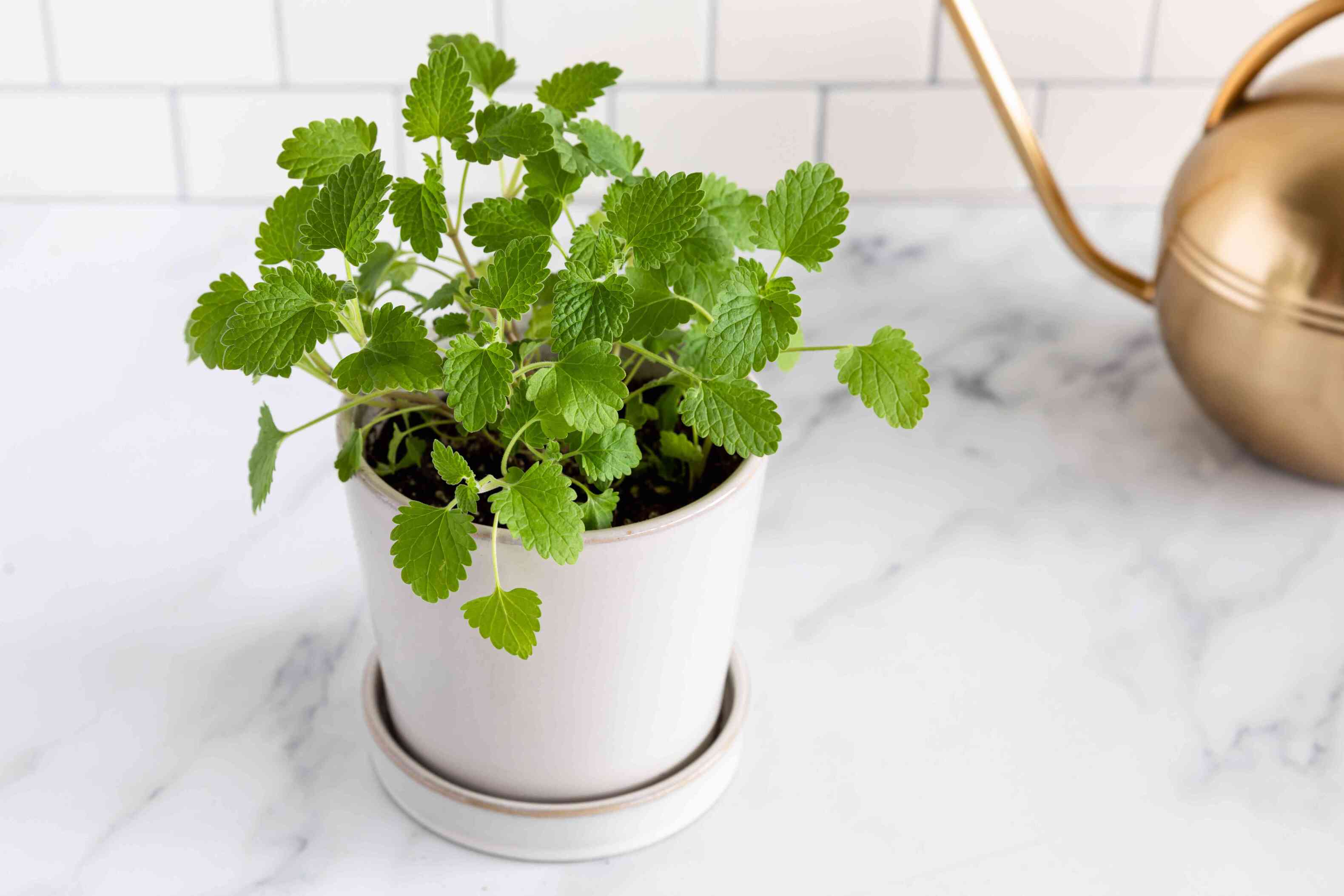


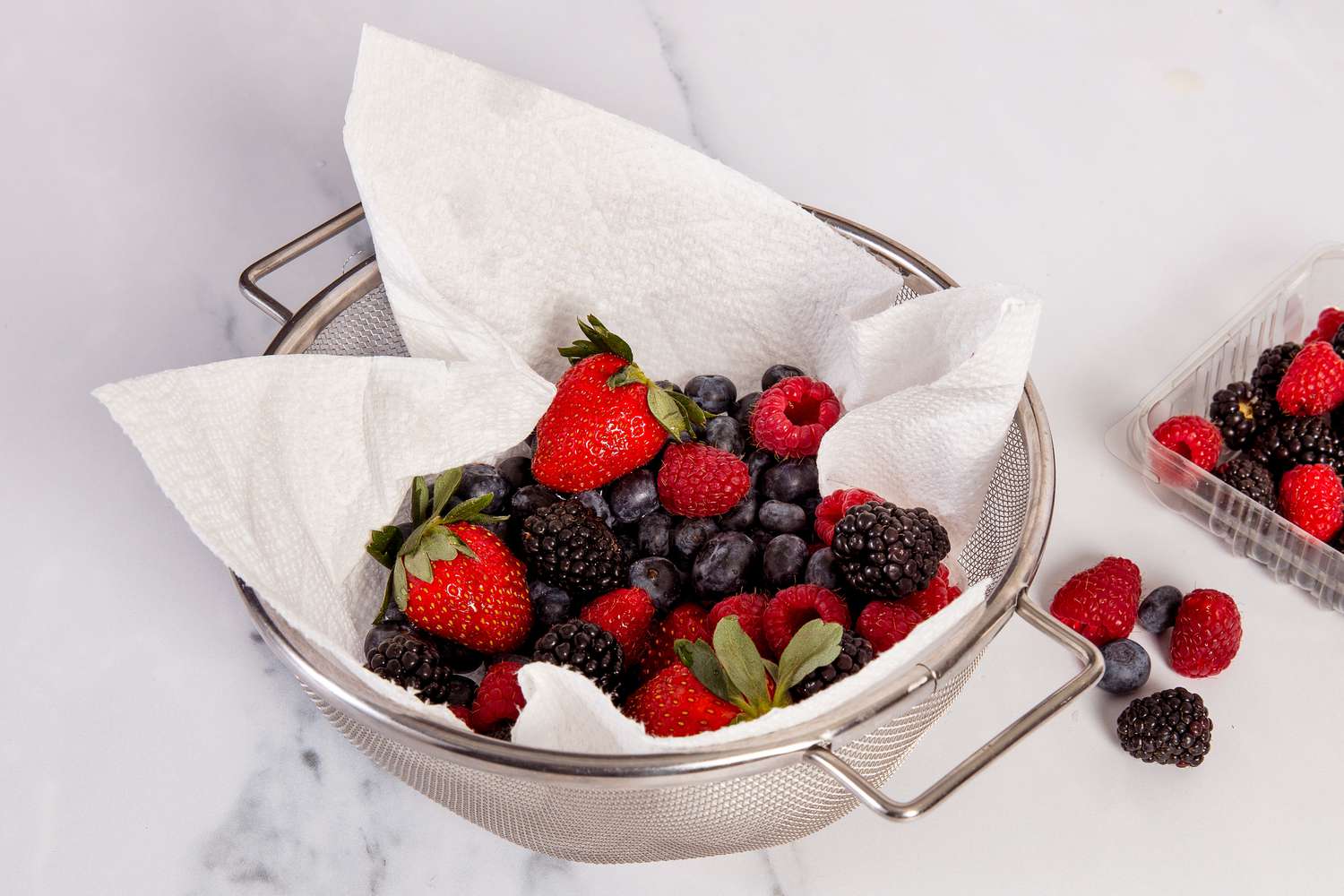
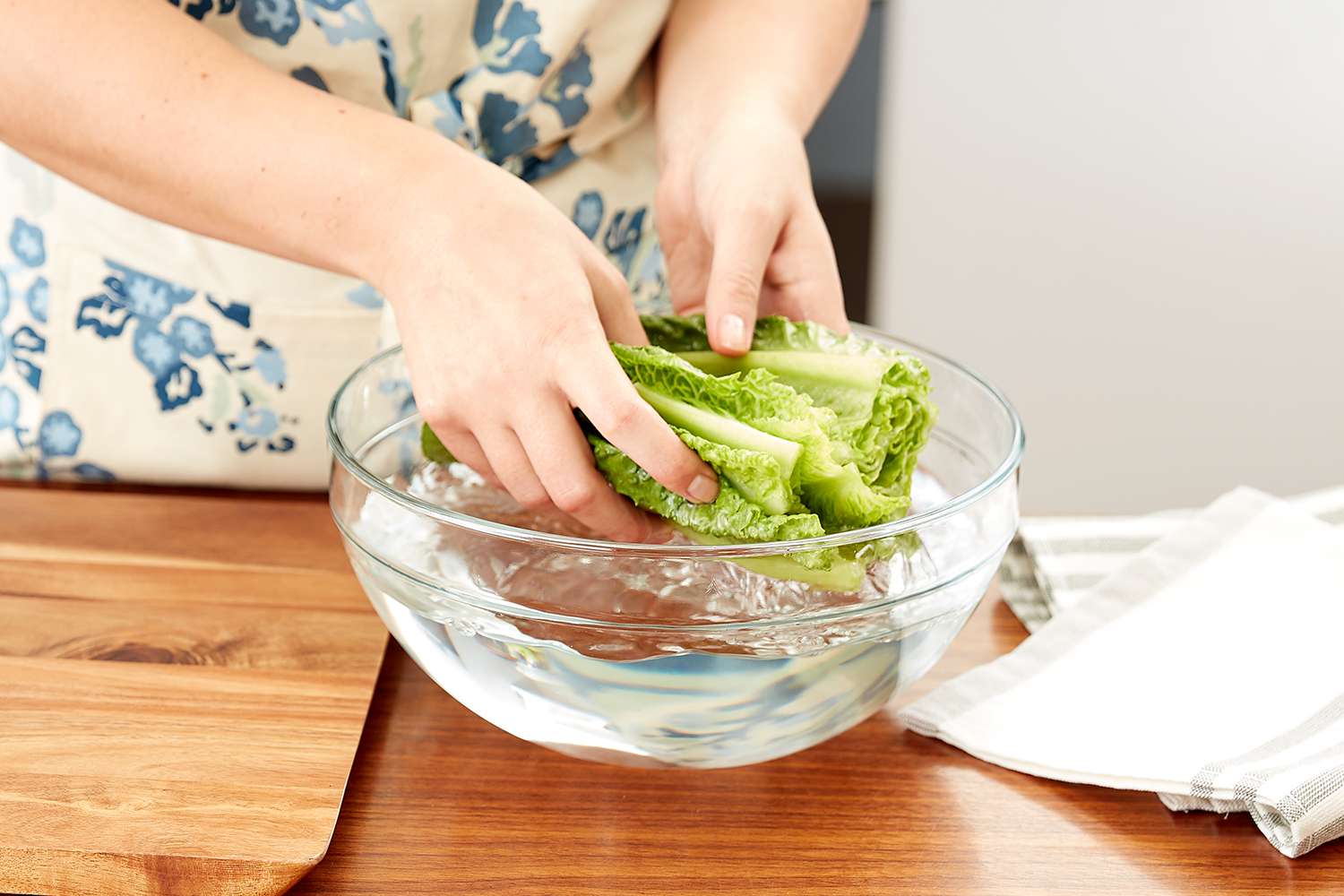


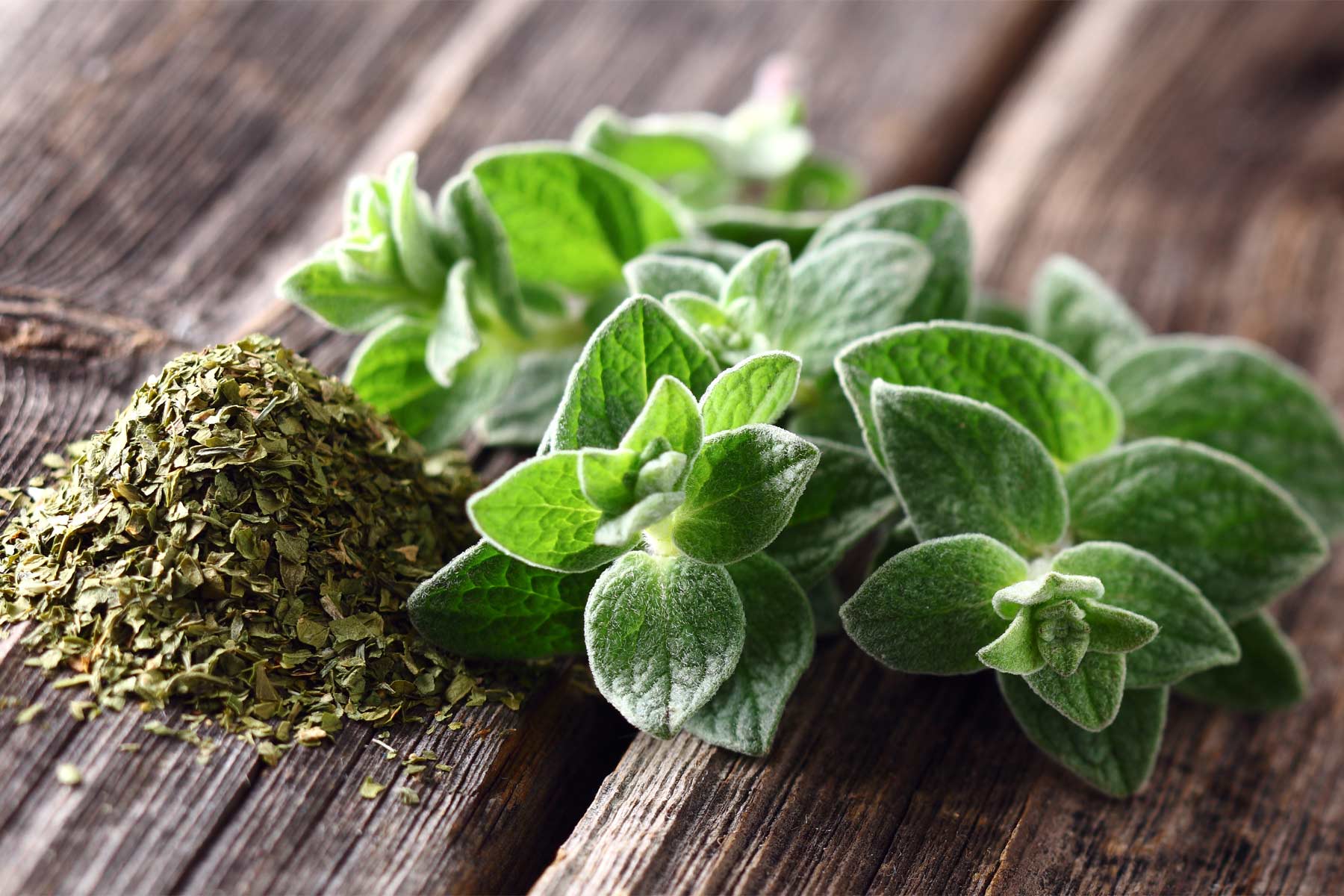


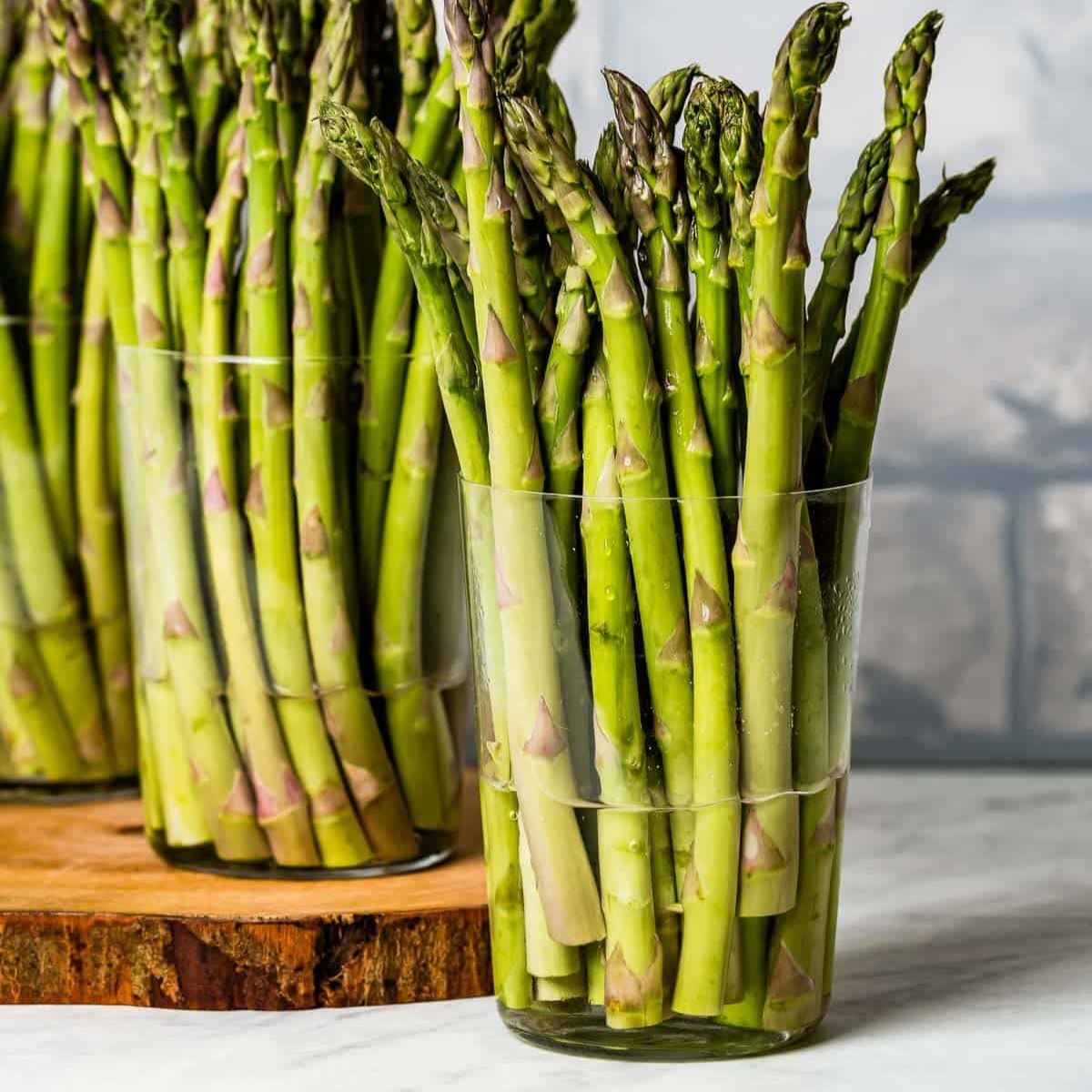



0 thoughts on “How To Store Fresh Hops”